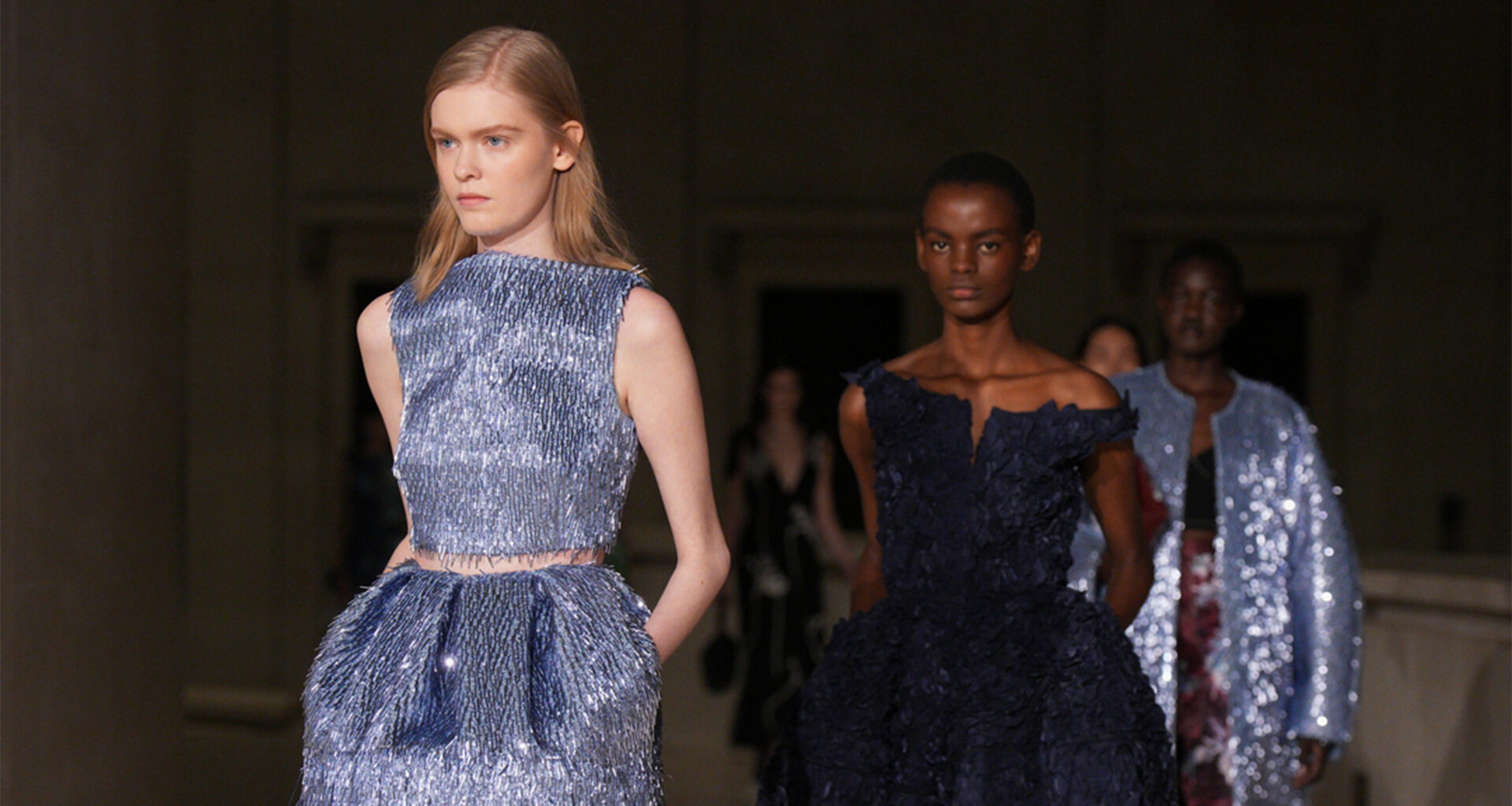On Tuesday, Rosie Wrighting, former ASOS buyer and now Labour MP for Kettering, highlighted the cultural contributions of London Fashion Week in the UK Parliament, noting its global influence, economic force, as well as key challenges facing designers and businesses today.
“Fashion Week shows off British values, culture and inclusivity at its best and at a time like this that should be celebrated,” Wrighting noted in her opening remarks.
The well-timed speech by Wrighting put the British fashion sector and London Fashion Week (LFW) in the spotlight, and showcased how constant innovation and evolution are key to the event’s success.
Notably, this is not the first time that the state of the fashion industry has been discussed in the UK Parliament, illustrating the increasing spotlight that the UK government is putting on the sector.
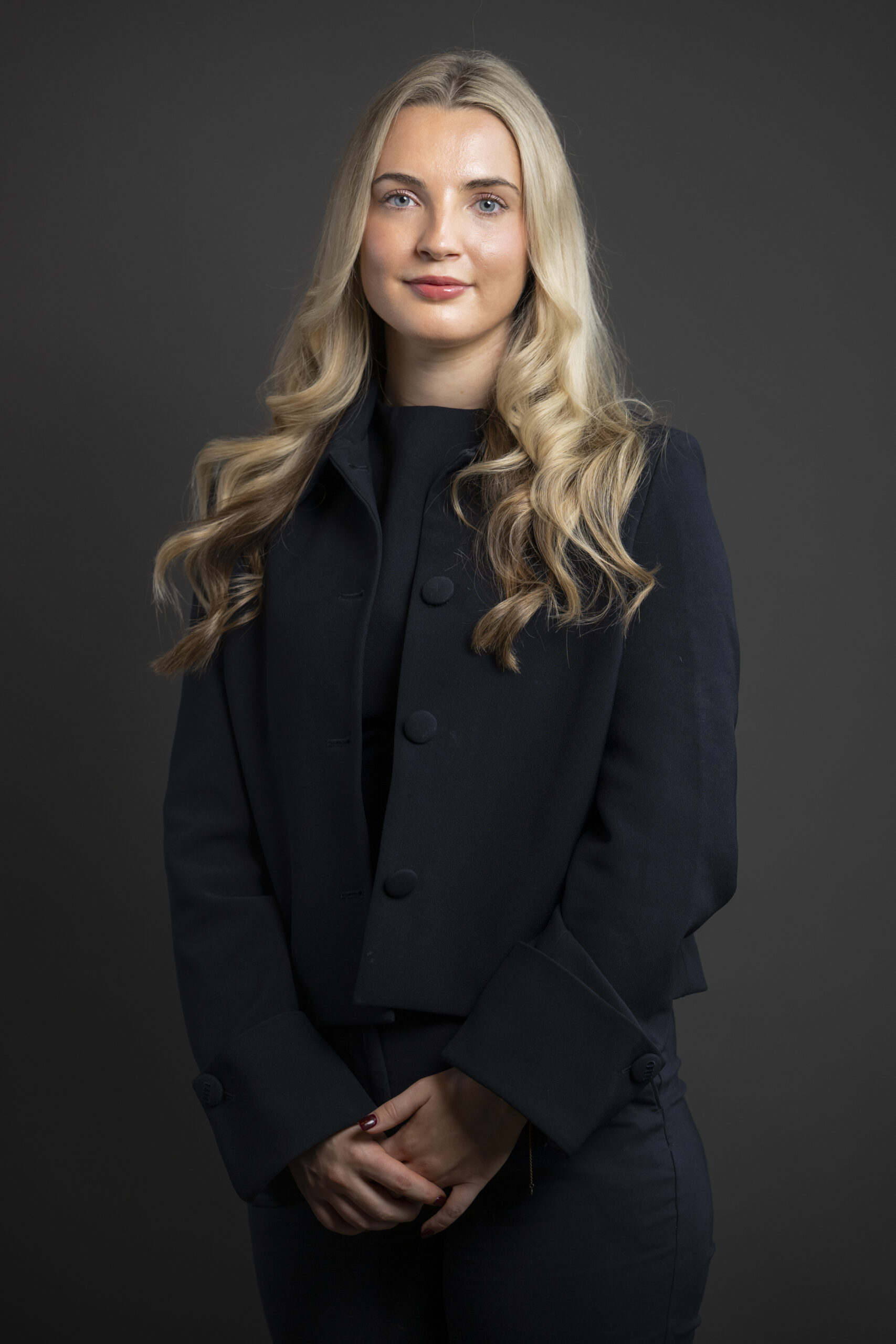
Rosie Wrighting MP for Kettering and former ASOS buyer
As one of the ‘big four’ Fashion Weeks globally, LFW holds international relevance, mentioned in the same breath as New York, Paris and Milan Fashion Weeks.
Since its beginnings in 1984, LFW made a name for itself because it was young and exciting, “with a daring and rebellious edge to it,” explained Caroline Stevenson, fashion historian at the London College of Fashion, despite it not having the same financial backing or sales as its global counterparts.
While Writhing outlined that economically speaking, the fashion industry is contributing £60 billion to the economy each year and supports at least 900.000 jobs, it is hard to pinpoint the monetary impact of LFW specifically.
According to Tamara Cincik, the Founder and Chief Executive of Fashion Roundtable, a non-profit think-tank which creates fashion policy roadmaps, the London’s fashion scene is still comparatively small.
Yet London has distinguished itself by pushing the front on innovation.
For example, in late 2024 the British Fashion Council (BFC), which hosts LFW, announced in Parliament that it was banning the use of animal skins across all of its future shows – the first of the ‘big four’ to do this.
In another interesting move on the sustainability front, in January 2025, the BFC announced that it was joining forces with Copenhagen Fashion Week (which has long made sustainability its central value proposition) and was adopting CFW’s sustainability guidelines as part of the mandatory requirements for the designers of its Newgen initiative, which includes criteria such has a minimum of 60% sustainable materials per collection and a ban on single-use plastics in showcases. The BFC plans to expand these stricter standards across its schedule by 2026. Again, it is the first of the ‘big four’ to do this.
And apart from growing its sustainability credentials, the event itself is getting bigger too. This season is seeing an 18% increase in on-schedule designers, showing both physically and digitally.
This is one of the BFC’s new initiatives as part of CEO Laura Weir’s “bold new era” is the waving of fees to show as part of the fashion week calendar for existing BFC members.
On the ground, this could have real impact on young designers, for whom, according to Cincik, it is still expensive for designers to show at LFW. And given the current economic climate, she says doesn’t underestimate how challenging it must be for them right now.
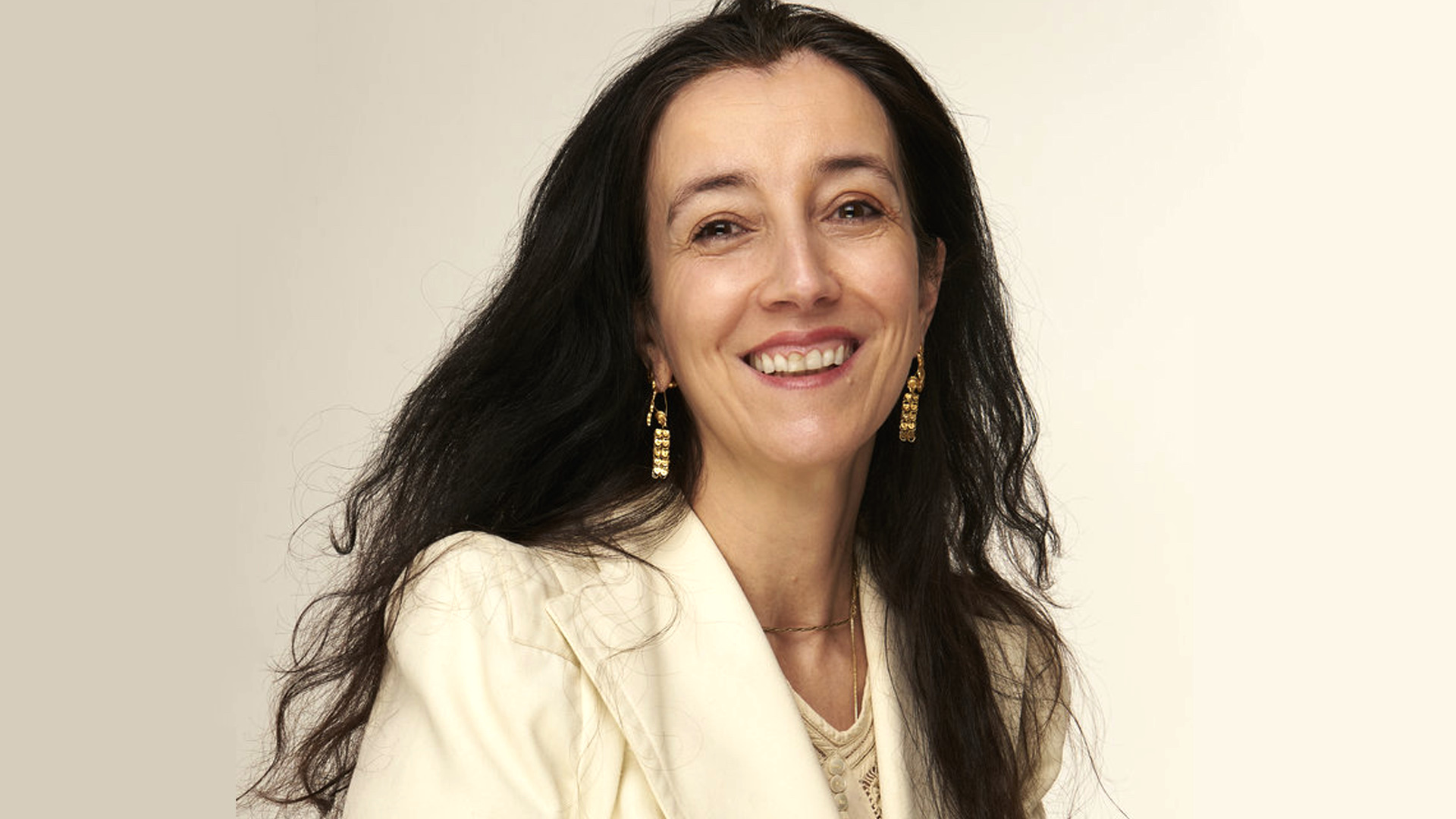
Tamara Cincik Fashion Roundtable
This also raises another important topic that was raised during Tuesday’s debate. The imperative of enabling more young creatives from different socio-economic backgrounds and regions to access the fashion industry.
In her speech Wrighting recounted how Lee Alexander McQueen did not let his working class background stop him from gaining his footing in the industry, famously knocking on the door of the design school Central Saint Martins to get a space on their MA Fashion Design course.
Today, Wrighting noted, she is worried that potentially young people are not afforded the same opportunities that allowed Lee to break into the industry.
“We must ensure that fashion remains a viable career for young people, particularly those who are outside of London and in working-class communities,” Wrighting said.
She added: “That means making it easier for designers and brands to scale up their businesses without being forced to sell early or relocate abroad.”
She also highlighted the need for stronger financial educating and mentoring, as well as tackling unfair payment terms, which she said, sometimes made it impossible for freelancers small brands and suppliers to grow or even survive.
For Wrighting, the BFC’s Newgen initiative was particularly impactful to tackle this issue, and she lauded BFC CEO Laura Weir’s decision to extend the fund. The programme offers emerging designers showcasing support reportedly totalling “an average value-in-kind of approximately £80,000 each” during two LFW seasons per initiative year.
Beyond London Fashion Week the spotlight is also firmly placed on talent. Highlighting this was Manchester Fashion Week, which returned after a 10-year hiatus last week from 9-11 September, focusing on “sustainability, innovation and community.”
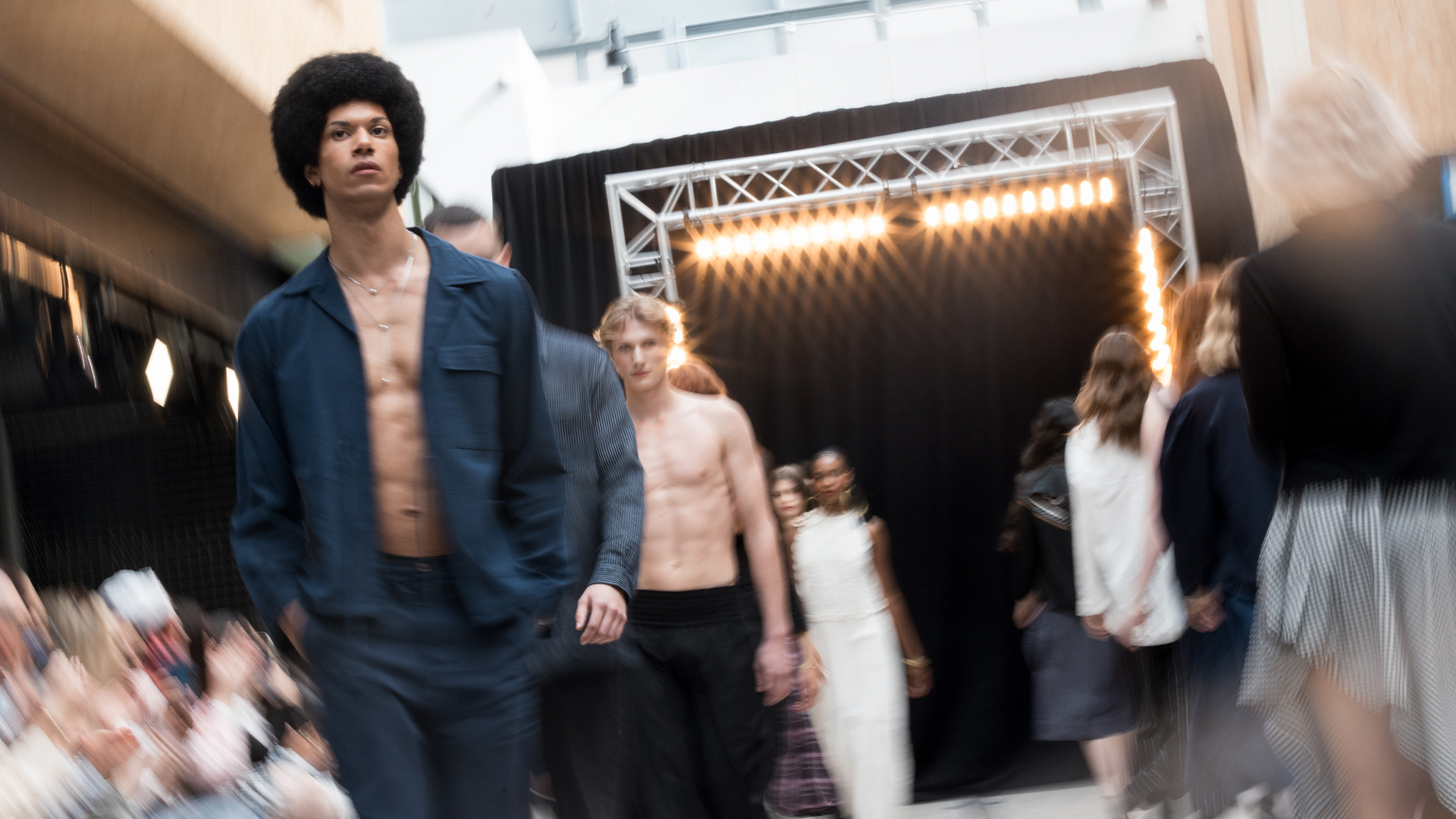
Manchester Fashion Week returned after a 10-year hiatus this week
Over three days, the city showcased its talent across catwalk shows, workshops and debates highlighting both established names and new voices.
Over the summer another example of a new local format for fashion week was exemplified by Bath Fashion Festival, a 2-day event held at the Holburne Museum from the 7-8 June.
For Cincik, these more localised fashion weeks outside of London are an exciting prospect, as they “offer people access to different voices and support greater engagement with the beauty and magic of the designer’s talent.”
Yet, she adds: “the reality is that we have to question what fashion week is for, what they are communicating, and what structures are in place to support authentic change – whether that’s sustainability targets or social justice targets.”
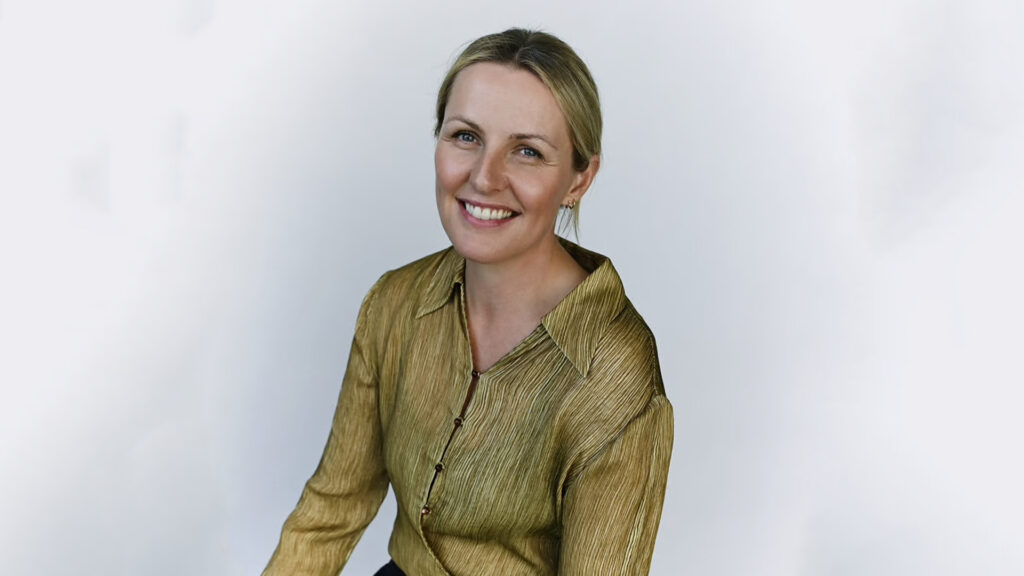
Laura Weir of The British Fashion Council
For Laura Weir, the evolutions of fashion week are a pertinent topic. Stepping into the CEO role of at the BFC, one of her main objectives was to clearly “define the purpose, relevance and impact of London Fashion Week.
For Weir ”this season marks the beginning of a new era. I hope to create a cultural experience which truly serves our designers and amplifies their work on a global stage.”
One example of this is Irish designer JW Anderson, who will stage a “special evening event” in place of a runway show, reflecting a shift in the way brands build cultural worlds.
![]()
JW Anderson will stage a “special evening event” with Google Pixel in place of a runway show at LFW
He is joined by a line-up of milestone moments including a calendar packed with heritage brands, including Burberry, Simone Rocha, Emilia Wickstead and Erdem – newcomers from the BFC’s NEWGEN programme will bring exciting new ideas to the mix, with emerging names including Aaron Esh, Johanna Parv and Karoline Vitto.
While things are shifting and changing, the excitement is palpable, or as Rose Wrighting fittingly described it: “This is an industry and a week with a buzz that is almost indescribable.”
